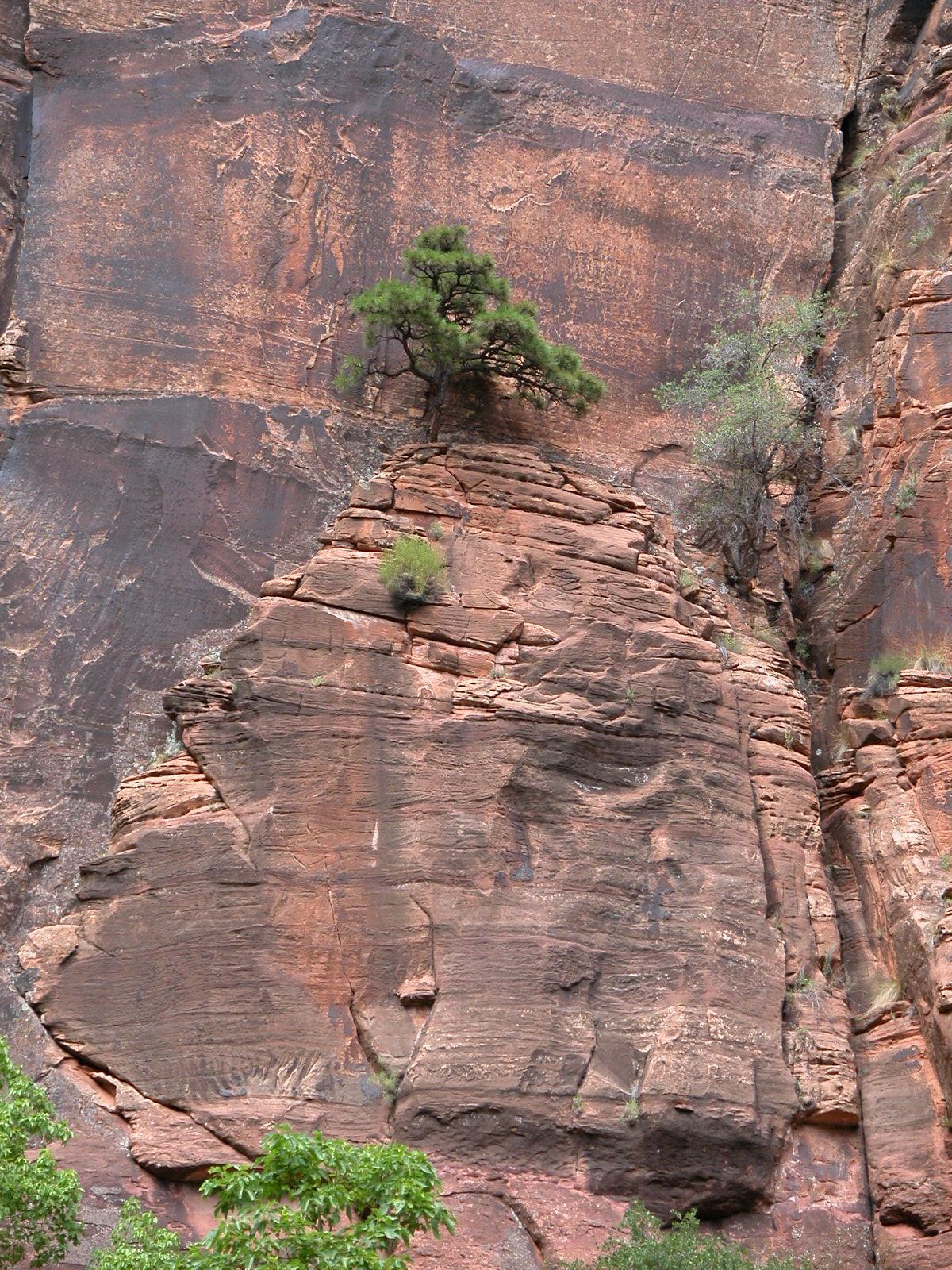
I have been reading about the years of the Renaissance (roughly 1300 to 1500 – no hard boundaries). We think of the Renaissance as the most glorious period of art, writing, music and discoveries, the time of geniuses accomplishing masterpieces of beauty which the world had never known.
Of course they were able to be so creative because those days were abundant, peaceful, free from opposition so that artists had the leisure to create in the sun without interruption — not so! Those centuries were some of the most tortured in human history. The devastation and loss of life from nearly constant wars, famine and disease was equivalent to our estimates of the destruction from a nuclear war.
Not a Happy Paradox
This juxtaposition of evil and good, ugliness and beauty, vulnerability and mastery, underlines to me the principle that Jesus expressed when he said “You will have suffering in this world. Be courageous! I have conquered the world” (John 16:33), or when the early Christians encouraged one another with the saying “It is necessary to pass through many troubles on our way into the kingdom of God” (Acts 14:21-22). There is trouble, but we believe we will overcome it.
Creation itself can be a very violent process as we witness in the creation of beautiful things such as stars, galaxies, mountains, and babies. Violence and turmoil typically shut down many kinds of personal creativity and send some of our most capable artists into hiding.
Creators In a Hostile World
I find a way to understand myself as a creator in a hostile world from a reading of the story about Elijah hiding from circumstances where God asks, “What are you doing here?” (I Kings 19:9-18).
a.) Elijah enumerates to God that the whole country has lost faith, killed the other prophets and are now looking for him.
When circumstances are overwhelming and impossible we have good reason to retreat into hiding.
b.) God tells Elijah to go out and be exposed to major natural disasters (more powerful than Elijah’s pursuers) and see that he will be untouched.
Even though we lose confidence or even faith, God is generous to come and demonstrate sovereignty over the threats that daunt us.
c.) Without having to be ostentatious God whispers the same question to Elijah, “What are you doing here?” Elijah gives the same answer but now with a new confidence in God to act in those circumstances.
After cooperating with God’s demonstration and seeing that with God we can walk through circumstances, we acknowledge there is evil with the attitude of faith and creativity.
d.) Now that Elijah has regained faith, God gives him some important tasks to do back in the circumstances from which he had been running.
With renewed faith we gain clarity of how to proceed in the life God gives us to live.
We Are Not Perfect Yet
This is a maturing progression in which we grow in discernment and ability to create in spite of the odds. God repeatedly diffuses the fear that controls us and re-establishes the collaborative relationship to co-create with God in the midst of upheaval.
I cannot say that Michelangelo, Leonardo Da Vinci, or other Renaissance masters were thinking of all this in their lives and work. But, I can see signs of God’s care and empowerment in all creators who carry on in the middle of troubles. May we hear God in our hiding places and realize we are also able to create regardless of all the resistance.

